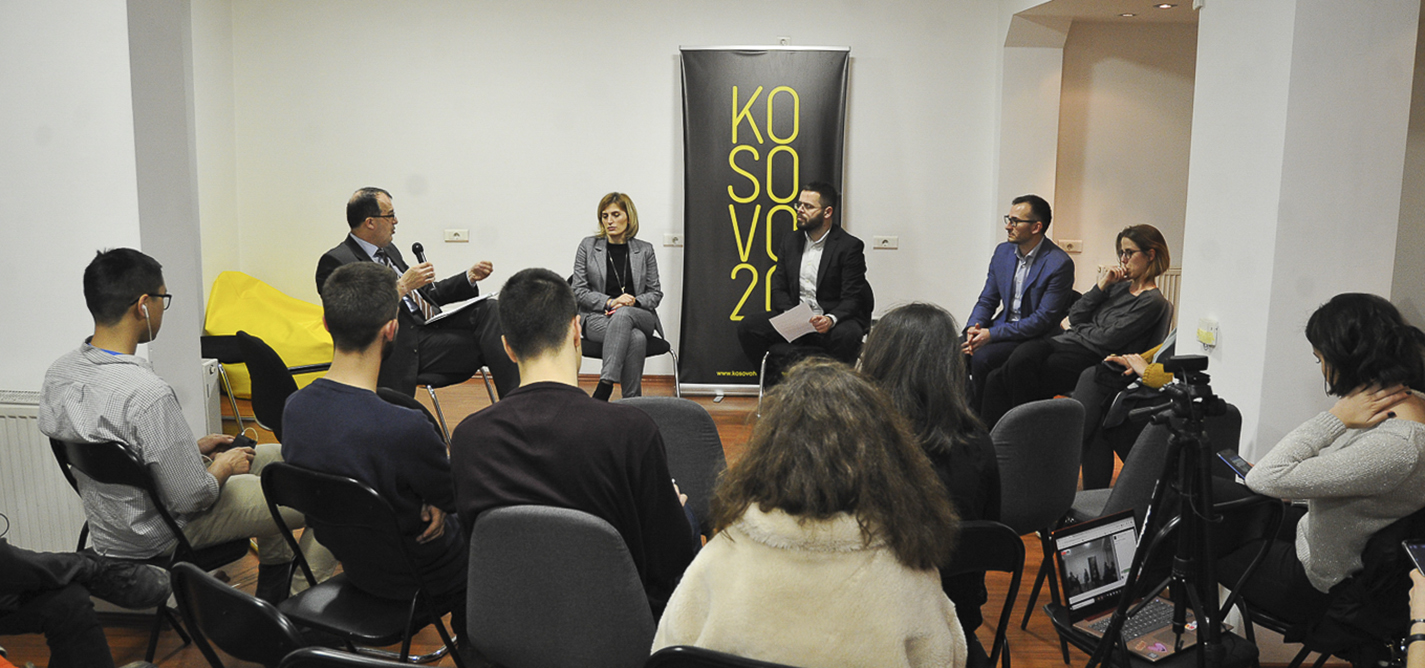
The month of strikes
K2.0 discusses strikes in the education and healthcare sectors.

Fortesa Doqi
Fortesa Doqi finished her studies in Media and Communication at the University for Business and Technology (UBT) in Prishtina. Over the years she has completed internships at different medias, and is now part of the Professional Shadowing mentorship program at K2.0.
This story was originally written in Albanian.